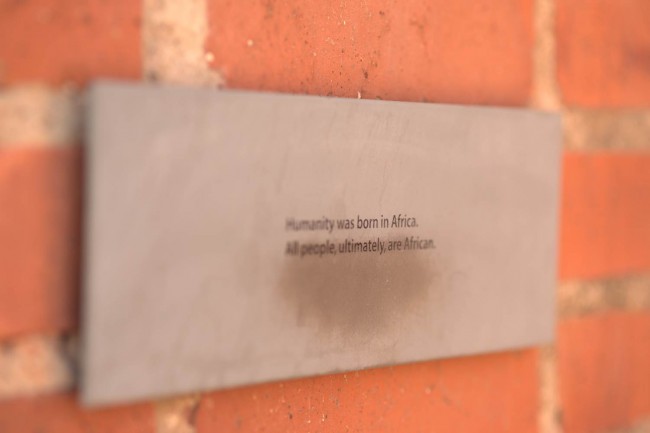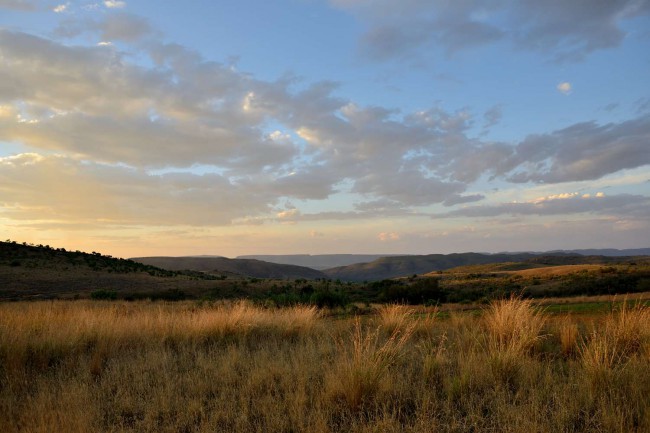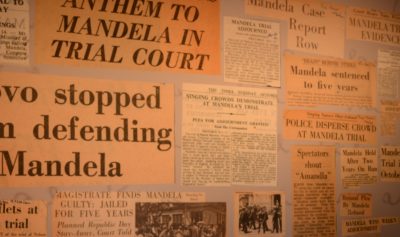
I stood beside the rope marking the small space next to the door connecting the office with the rest of the house. Opposite of me, on the other side, there was a door which allowed direct entrance from the garden. “it is the door he usually took when coming in”. Left of me a massive wooden working table, behind it a cupboard filled with books and framed photographs, right of me a small shelf covered with ceramic toy-cows, his favorite animals, so we were told. I felt unpleasant, as people around me asked questions about his private life, I felt the need to grasp some air outside. His idol was Muhammad Ali. Madiba was his name, I learned in Johannesburg, but due to the apartheid law, all people must have had their english name: Nelson Mandela.
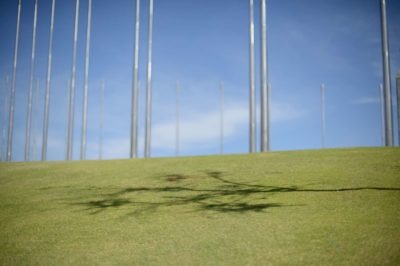
When the decison was made to turn the house he worked in, into the seat of the foundation “Nelson Mandela”, Mandela told his associates “do not make it all about me”. “He did not want this place to become his mausoleum” the foundation director told us. A man who spent 27 years in prison, who led the struggle against the most notorious racist regime in the world, who refused to run for a second presidential mandate, being the first democratically elected president of South Africa, a man who did not surrender to his own fame.
Few hours ago, it become known, that Nelson Mandela died.
Madela dialogues is the name of the programme I participated in, together with a group of people all around the world who work on programmes of remembrance related to the past of political violence. I have searched for answers to challenges and dilemmas I struggle with in my life, jointly with those whose task is to make the legacy of Nelson Mandela available and alive for the whole world. And they are supposed to make it the way he wanted them to, not for his own sake, but for the benefit of all people.
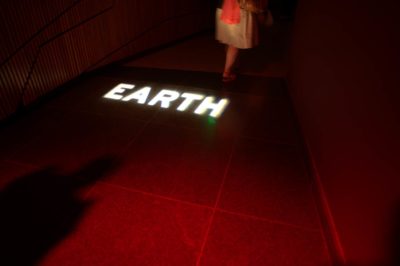
I have found in South Africa much I had not expected to find. In a museum with somewhat odd name “Freedom park”, built with an idea to honor the freedom struggle of people oppressed during the racist rule, the exhibiting journey does not start with proofs of land claim by southafrican grandfathers. The first point of the exhibit took us into a dark room with a projection wall and two circle-formed benches that we sat at watching. The animated film has begun and took us by the sound of drums through fire and water to the birth of first animals on Earth, fish, birds, mammals and finally the humans. The life was born and then the humans became. The beginning of it all. The sense of freedom. That is it. Humans, nature, freedom. No flags, no weapons, no victims. You have joy, life, energy, movement.
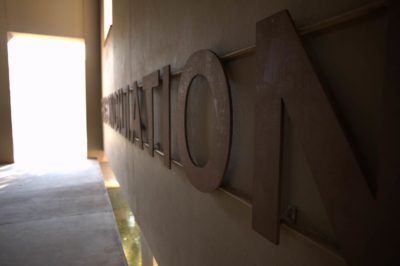
Pictures of museums and mausoleums back home, went through my head, exhibitions and monographs, all of their sense and senselessness, numbers, wars, victims and cycles of revenge. And I go around half of the world to be blown away by a five minute animated film, with tears in my eyes and a feeling of gratitude. I have seen enough already. The joutney through the Freedom park was not half as exciting as it’s beginning, but I wish to describe how it ends. The last stage of the climbing exhibition ends on the top level of the building, where boards are displayed where I have seen the name “Yugoslavia”, listed as country that supported the liberation struggle. I have forgotten when was the last time I felt proud hearing the name of the country I come from. At the very end of the exhibition, highrising shelves full of medicine and canned food. The curator explained to us, that when the news about the end of apartheid and upcoming free elections broke out, part of the people stormed the shops to set-up reserves for the chaos the feared will break out. The sense of humour must have fed and protected those who had no money to spend on food supplies.
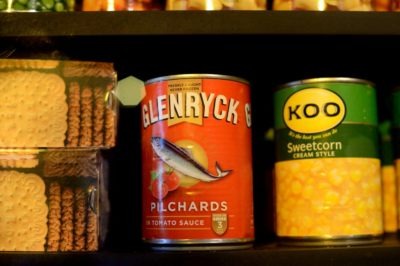
I am not sad that Madiba died, I am happy that he lived, a man who advocated struggle against racism, rejected to denounce armed struggle in exchange for prison release, a man who has managed to overcome the desire for revenge once he was in power.Truth and reconciliation become a special meaning in his era. He took the honor of his numerous compatriots who had not lived to see the freedom they fought for, and then he overcame hatred. He was as free to allow himself to change and to learn. A great man. And yes, I know, of human kind.
At trainings that we conduct, we often speak of the statement “We should help Africa to civilize”, a classical racism-test and ever so many people fail to see through it and subscribe to the thought that “we should help civilize”. And then we all speak about it from different angles, open windows and different perspectives. But there is a continent that needs help, the one which started two World wars, the one who gave birth to colonialism, the one who still send armies to fight wars around the world. That continent needs help to become civilized. Africa is the continent with one and only country ever that has destroyed it’s own nuclear weapons. Long live Africa!
Nenad Vukosavljević
